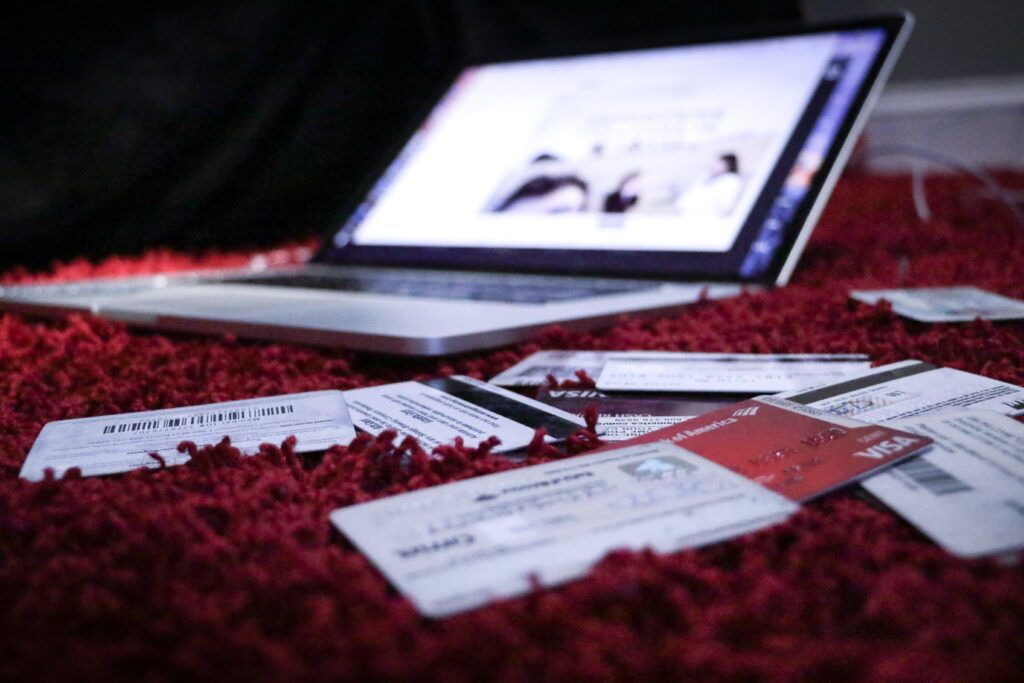Bankruptcy can be devastating, but if you have a good game plan, you can do a lot to recover from bankruptcy and get your credit back within a few years of filing.
We will discuss practical steps for effective bankruptcy recovery, but you should also consider the damage you’ll be trying to undo. This cannot be easy, depending on the size and complexity of your case.
However, it’s important to remember that you can still get through this process and emerge with a stronger financial standing. With that said, we have a lot in store for you with our strategies and tips to recover from bankruptcy.
So let’s begin!
In This Page
How long will it take to recover from bankruptcy?
Bankruptcy does not automatically erase your credit history. It simply confirms that you have no obligation to your debt anymore, and the bankruptcy record will stay on your credit report for seven to 10 years.
Credit counsellors advise consumers not to wait to rebuild their credit after their credit report falls off from their report. Experts estimate the fastest recovery to take around 2-3 years for someone’s credit score to recover after bankruptcy if they take the right steps and keep their finances in order.
This might seem very long, but you should trust the process. Who knows, maybe your credit score can recover faster than expected if you do your best.
6 ways to ensure a speedy recovery from bankruptcy
You have your goal set and a strict timeline to follow. Now, to guide you on how to do your best to recover from bankruptcy, here are 6 steps you should follow diligently to build back your credit score and get your finances on track again.
1. Organize your paperwork
Make sure to save all paperwork related to your bankruptcy case, as it may be helpful. You may be asked for copies of your bankruptcy files in the future, especially when applying for a mortgage, loan, or other financial products.
If a lender or debt collector contacts you about any of the debts listed in your bankruptcy filing, it will be better to have your paperwork ready. Of course, keeping paperwork for your credit recovery is also crucial until the day you can lift off your bankruptcy.
2. Start saving
The last thing you want is the situation repeating itself. Start a savings account and create a budget to help avoid financial emergencies, create good financial habits, and manage your income and expenses effectively.
One of the best ways to save money is to make it a habit. You can set up recurring, automatic transfers to a savings account to save money. This will help you to save money over time and increase your financial stability.
3. Follow a budget
A budget plan is essential to help you save money in the future. It can be intimidating to create or live by one, but if done wisely, a budget can help you achieve your financial goals. Budgeting apps can help help you to establish and maintain a spending plan, or you can use a spreadsheet or even a piece of paper.
If you want to change your spending habits and save money fast on low-income budgeting, you need to bounce back from bankruptcy and keep your spending in check.
4. Start credit building
Credit repair is important to your path to financial recovery after bankruptcy. There are several ways to proceed with a bankruptcy, no matter which type you filed. Make sure you pay your bills on time to stay on schedule and avoid late fees.
One way to improve your credit score is always to pay your bills on time. This is important because it shows that you are responsible and have a good financial history. Open a secured credit card.
If you have filed for bankruptcy and have no other outstanding loans or debts, your ability to make on-time payments may be in question. You will likely need to obtain credit to show your ability to pay bills on time. You can also report your utility bill payments to credit agencies.
5. Establish an emergency fund
A worse situation than becoming bankrupt? There are plenty.
However, if you lose your job or experience any unexpected financial difficulties, having an emergency fund can help you avoid a difficult situation resulting in debt. Your savings account can also function as an emergency fund, but keeping them separate is better.
An emergency fund can cover three to six months’ worth of your necessary living expenses, which may take a year or more to save. But if you want to avoid another financial crisis, you have to start saving.
6. Don’t max out credit
Don’t use all of your available credit because doing so will affect your credit score. Using all your credit limits is not a good idea, even if you always pay your monthly credit card bill on time and in full.
Credit experts generally advise consumers to keep their balances under 30% of their credit limit to keep their credit rating in good shape. Lenders view borrowers with high balances on credit cards and other revolving credit accounts as high-risk borrowers. The higher your credit utilization ratio, the greater the negative impact on your score.
Final word
While your credit score often takes a major hit after filing for bankruptcy, with hard work, patience, and self-discipline, you have the potential to recover and get back on your feet fully. If you save money and build your credit score, you can create a better future for yourself.
So make sure to implement these tips and hold your head high while you recover your credit score and make it out of bankruptcy in months!

